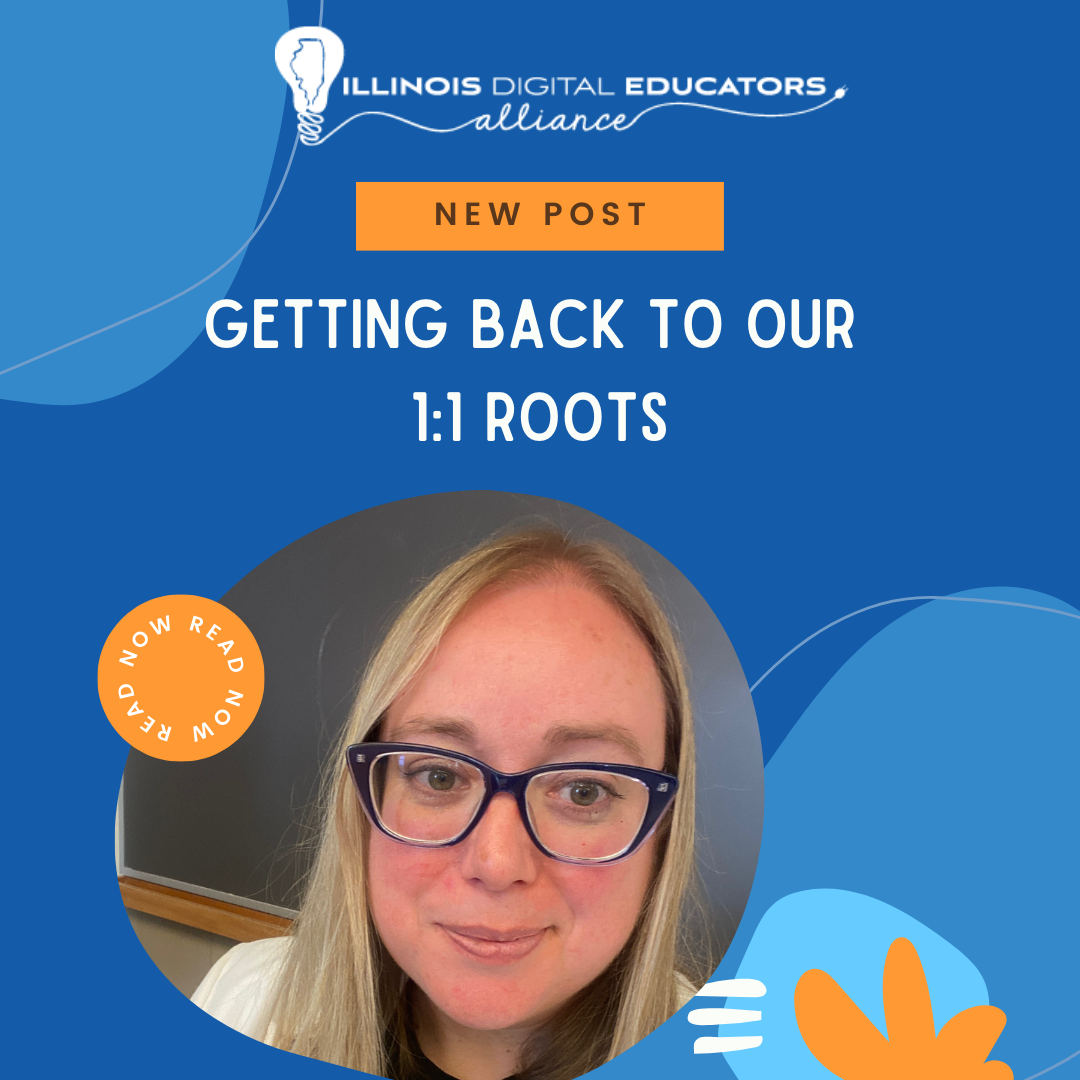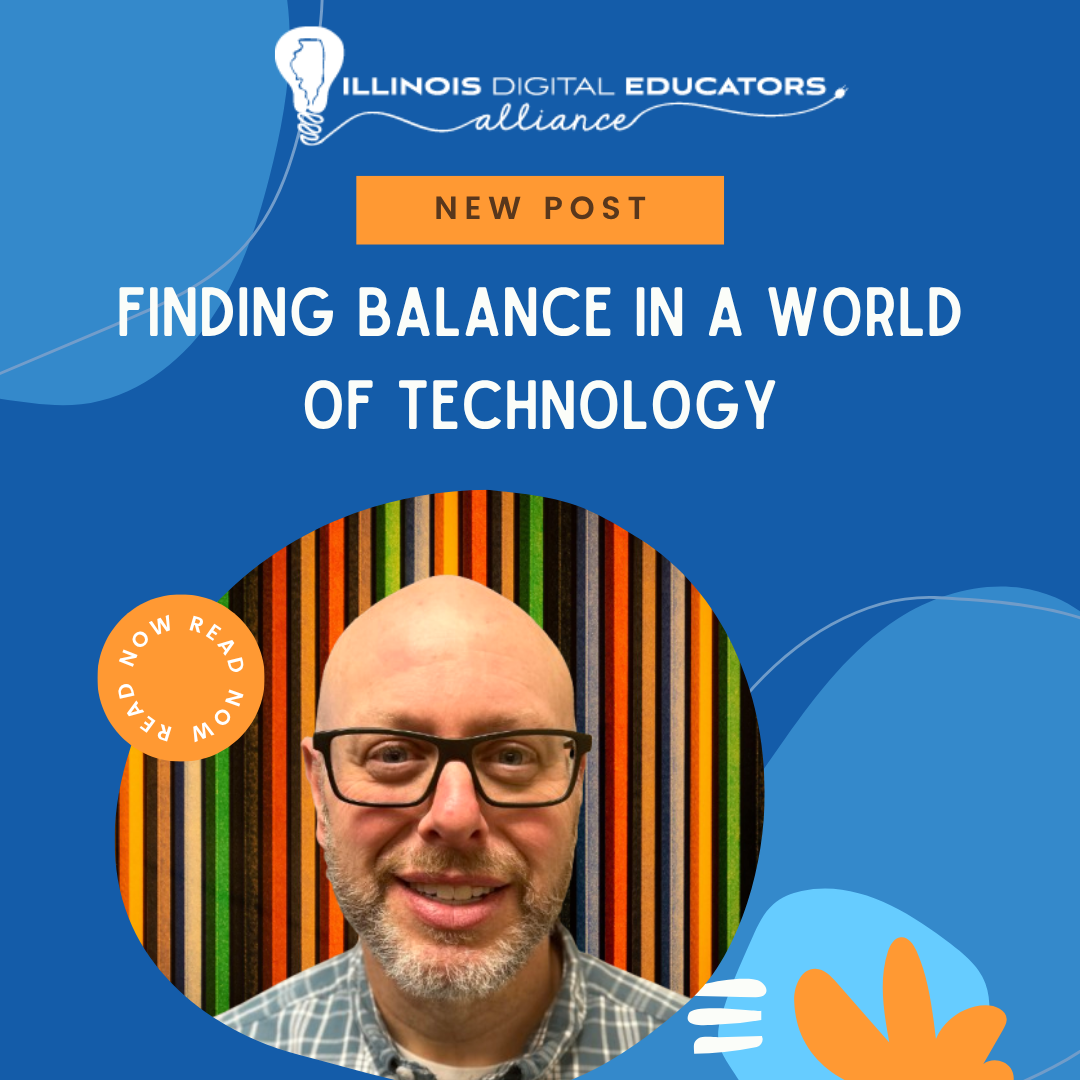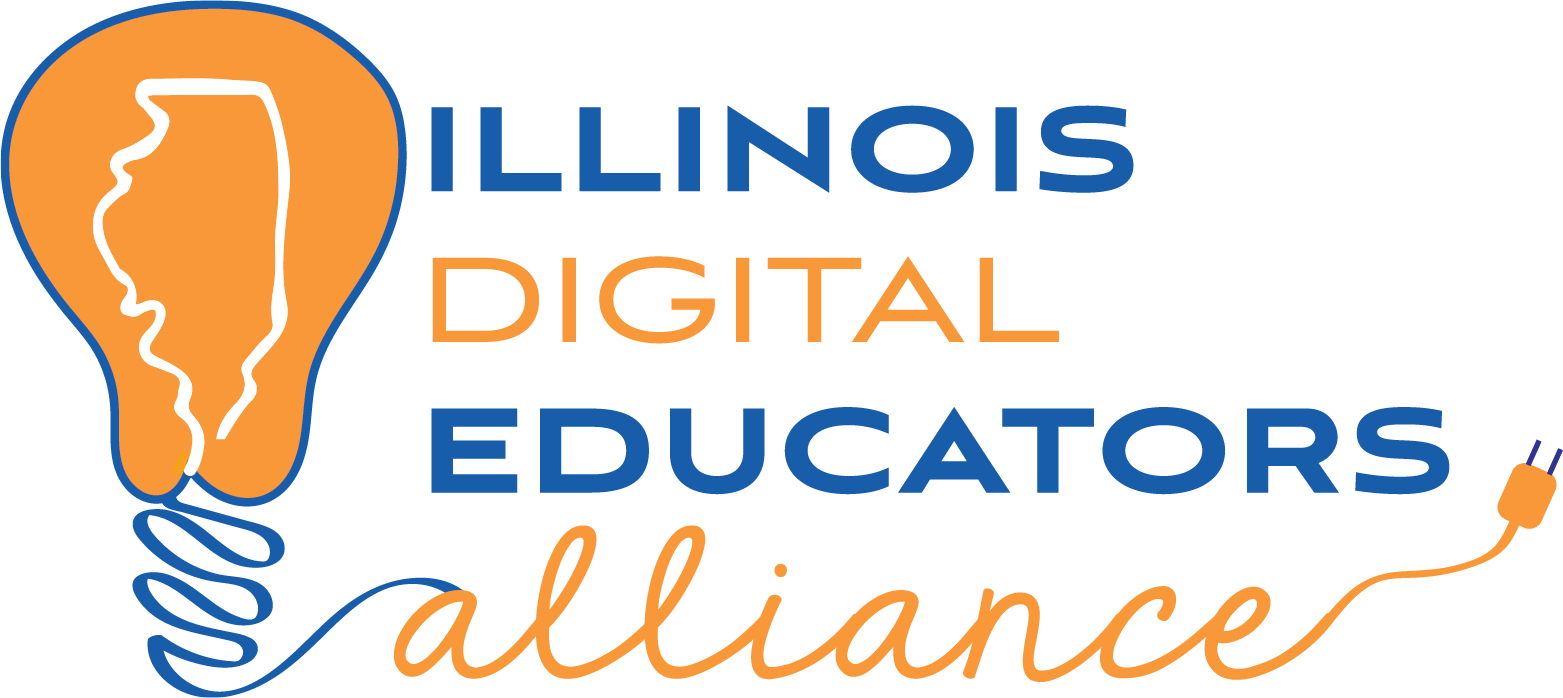Finding My Summer Groove: How I Rest and Recharge for the New School Year

With the school year just a couple of months away, I’m taking time to rest and rejuvenate so I’ll be ready to go come August. It usually takes me a little time to get into the groove of summer break. During this switch from a busy schedule to having extra time, it’s important to remind myself not to be critical while resting, working, or playing. Continue reading to see how I’m doing all three as I rejuvenate this summer.
Relax
Relax and be okay with not being productive. This summer, I’ve been intentional about waking up at the same time and beginning my morning with a walk. I grab my coffee and a water bottle and hit the pavement. Thousands of health studies show the importance of walking every day. Check out these seven benefits of taking a morning stroll. After my walk, I take some time to journal. Getting things out of my head helps me focus and capture any ideas that come to me during my walk. After lunch, I enjoy reading a book on the pool deck or under a shade tree. A short nap is usually on the list too!
Work
As I mentioned, I record my ideas in a journal after my daily walk. This allows my mind to explore the possibilities of the upcoming school year without being consumed by them. I attempt to do some work to keep my brain fresh and my ideas rolling. Sometimes this work involves a side project or a hobby, while other times I do some research and planning for the next year. Allyson Robinson, in her blog post "Why Teachers Need Summer Break," discusses how summer allows us time to reflect on why we teach and to dream about what we’d like to accomplish or try in the upcoming school year. The key for me is not to beat myself up if I get nothing accomplished during my summer work time.
Play
Travel is therapeutic for my soul. Learning about and traveling to new places is exciting for me. This year, I took a solo trip to San Francisco and spent three days exploring the city. I also checked an item off my bucket list: riding a train across the country. My wife and I usually take a trip for just the two of us, followed by a family trip if our adult children can get time off work. Travel is something I’ve taught my family to prioritize. Mark Twain says it best, “Twenty years from now you will be more disappointed by the things that you didn’t do than by the ones you did do. So throw off the bowlines. Sail away from the safe harbor. Catch the trade winds in your sails. Explore. Dream. Discover.”

I’ve taken this approach to summer for the last four school years, and it has dramatically improved how I feel coming into a new school year. What routines or practices do you implement to make sure your summers are balanced with time to relax, work, and play? Share them in the comments below.
Sources:
- "70 Best Travel Quotes for Inspiration and Wanderlust." *Shutterfly*, 2023, http://www.shutterfly.com/ideas/travel-quotes/.
- Henry Ford Health Staff. "7 Benefits of Taking a Morning Stroll." *Henry Ford Health*, 6 Apr. 2022, http://www.henryford.com/blog/2022/04/7-benefits-of-taking-a-morning-stroll.
- Robinson, Allyson. "Why Teachers Need a Summer Break." *The Educator's Room*, 17 June 2021, http://www.theeducatorsroom.com/why-teachers-need-a-summer-break/.
Notes:
- Images were created utilizing the website Ideogram.ai, a text to image AI tool
- ChatGPT 3.5 was used to organize and improve the wording of my original thoughts
- ChatGPT 3.5 created the title of this post

Jeremy is a TEDx Speaker and a Jr. High Computers & STEM Teacher in Effingham, IL. He has earned a Masters in Educational Policy from the University of Illinois and a Masters in Teaching from Greenville University. His goal is to inspire students, teachers and anyone he comes into contact with to be a lifelong learner. Jeremy believes education is the key to solving our world’s problems. In his free time, Jeremy enjoys traveling,writing, spending time in coffee shops, and spending time with his family watching old TV shows on Netflix.




